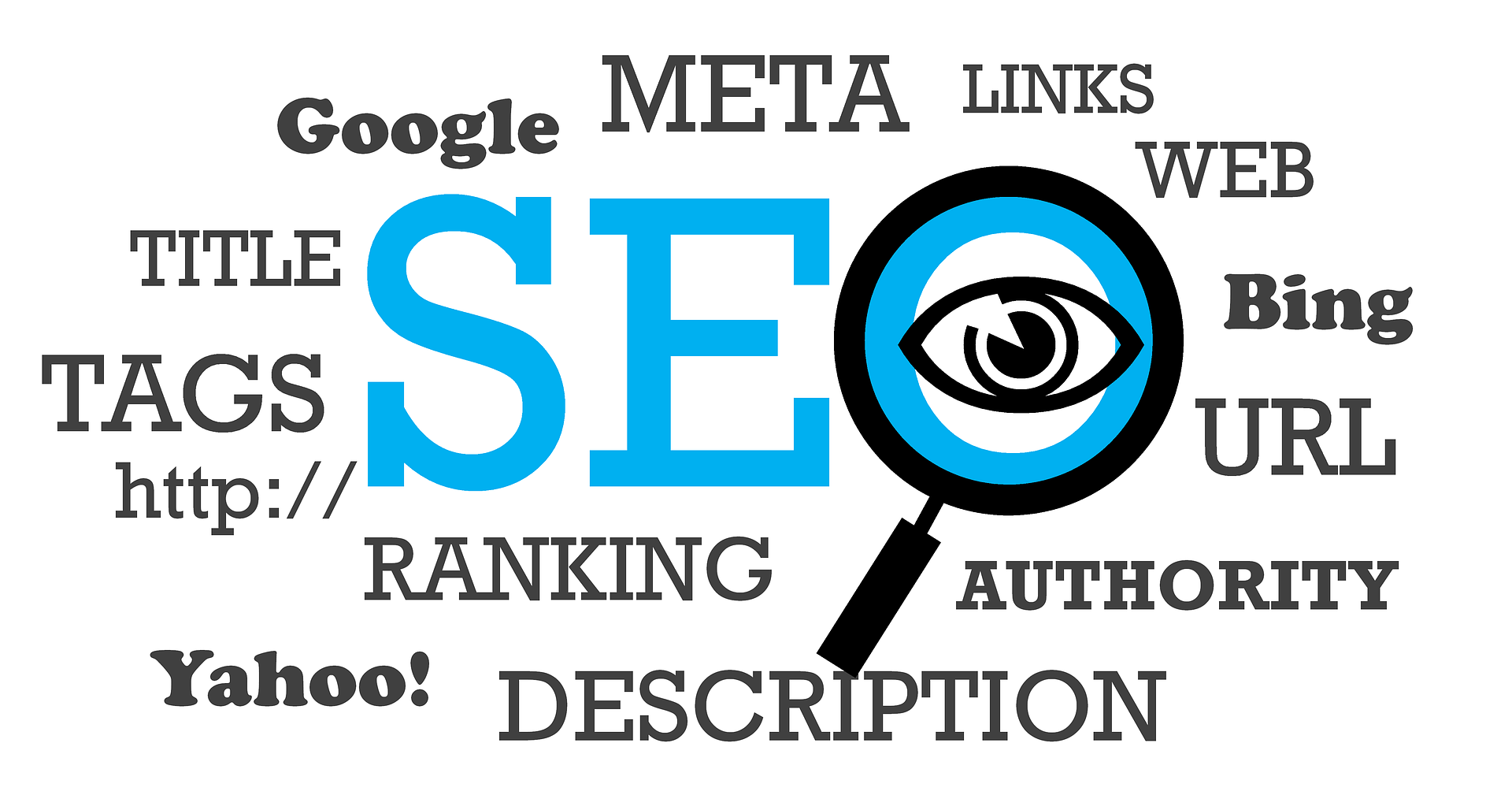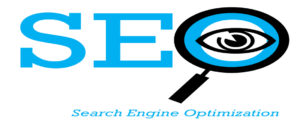Search Engine Optimization (SEO) is the process of improving the quality and quantity of website traffic to a website or a web page from search engines. The main purpose of SEO is to targets organic/ natural(unpaid) traffic than direct traffic or paid traffic. Unpaid traffic may originate from different kinds of searches, including image search, video search, academic search, news search, and industry-specific vertical search engines.
Why do you need SEO Tools for Your Business ?
Now a days SEO one of the most necessary tools for any size of business to outperform. Your business can be benefited in mane ways using SEO tools. below we have mentioned Top 10+ advantages of using SEO tools:
1. Increased Visibility
The main purpose of the SEO tools is to helps you to increase the visibility of your website in search engine results pages (SERPs), making it easier for potential customers to find your business.
2. Better Keyword Research
Finding the right keywords to target is essential for SEO success. SEO tools help you to identify the best keywords based on search volume and competition to target for your website, ensuring that your content is optimized for the right search terms.
3. Improved On-Page Optimization
SEO tools can help you optimize your website’s on-page elements and structure for search engines. This includes analyzing your title tags, meta descriptions, and header tags, as well as identifying and fixing any technical issues on your website.
4. Enhanced Content Optimization
Creating high-quality, relevant content is crucial for SEO success. SEO tools help you to optimize your content for search engines by identifying keywords, analyzing your competitors’ content, and providing suggestions to ensure that they are properly indexed and ranked by search engines.
5. Competitor Analysis
Knowing what your competitors are doing can give you valuable insights into what strategies and tactics are working for them. SEO tools can help you analyze your competitors’ websites and identify areas where you can improve your own SEO strategy.
6. Backlink Analysis
Backlinks are one of the most important factors in determining your website’s search engine rankings. SEO tools help you to identify the quality and quantity of backlinks pointing to your website, as well as identify any potential link building opportunities.
7. Website Auditing
Regularly auditing your website can help you identify and fix any technical issues that could be negatively impacting your search engine rankings. SEO tools can help you perform a comprehensive website audit, including analyzing your website’s speed, structure, and content.
8. Local SEO
If your business has a physical location, it’s important to optimize your website for local search. SEO tools can help you identify local keywords, analyze your competitors’ local SEO efforts, and provide suggestions for improving your own local SEO so that your business appears in the top results for relevant local searches.
9. Mobile Optimization
With more and more people accessing the internet on their mobile devices, it’s essential to optimize your website for mobile. SEO tools can help you identify and fix any mobile-specific issues on your website, such as slow loading times or unresponsive design.
10. Reporting and Analytics
Measuring the success of your SEO efforts is crucial. SEO tools can provide detailed reports and analytics on your website’s traffic, search engine rankings, and backlinks, allowing you to track your progress and make data-driven decisions.
11. Social Media Integration
Social media can play a big role in your SEO efforts. SEO tools can help you track your social media metrics, identify opportunities for social media link building, and analyze your competitors’ social media presence.
Overall, SEO tools can provide a wealth of benefits for entrepreneurs looking to improve their website’s visibility and search engine rankings. From keyword research and on-page optimization to competitor analysis and reporting and analytics, SEO tools can help entrepreneurs stay ahead of the competition and achieve their business goals. It is essential to have a strategic approach to SEO and to continuously monitor and adjust your SEO efforts to stay ahead of the game.
FAQs (Frequently Asked Question)
How does SEO work?
SEO works by optimizing various elements of a website, such as keywords, meta tags, and content, to improve its relevance and authority to search engines.
What are keywords in SEO?
Keywords are specific words or phrases that a user types into a search engine to find relevant content. Optimizing a website for these keywords helps increase its visibility on SERPs.
How do I choose the right keywords for my website?
To choose the right keywords for your website, you should conduct keyword research to identify relevant and high-volume terms that are relevant to your business and target audience.
What are meta tags in SEO?
Meta tags are HTML tags that provide information about a web page to search engines, such as the page’s title, description, and keywords.
How do I optimize my website’s content for SEO?
To optimize your website’s content for SEO, you should ensure that it is well-written, informative, and relevant to your target audience. Additionally, you should incorporate keywords throughout the content, and use header tags and internal linking.
What is on-page SEO?
On-page SEO refers to the optimization of elements on a web page, such as title tags, meta descriptions, keywords, and content, to improve its visibility and relevance to search engines.
What is off-page SEO?
Off-page SEO refers to the optimization of elements outside of a web page, such as backlinks, social media signals, and online reviews, to improve its visibility and credibility to search engines.
What is a backlink?
A backlink is a link from one website to another. Backlinks are important for SEO because they indicate to search engines that other websites consider the linked-to website to be credible and authoritative.
How do I get backlinks for my website?
There are several ways to get backlinks for your website, such as guest blogging, creating shareable content, and reaching out to other website owners to request a link.
What is a SERP?
SERP stands for Search Engine Results Page, which is the page that a user sees after performing a search on a search engine.
How can I track my website’s SEO performance?
There are several tools and software available, such as Google Analytics and SEMrush, that can help you track your website’s SEO performance, including traffic, rankings, and backlinks.
How long does it take for SEO to show results?
The time it takes for SEO to show results can vary depending on the competition and authority of your website. It can take several weeks or months to see significant changes in your website’s visibility and rankings on SERPs.
What is a crawl error?
A crawl error is when a search engine’s spider or bot is unable to access or crawl a specific page on a website. This can negatively impact the page’s visibility on SERPs.




